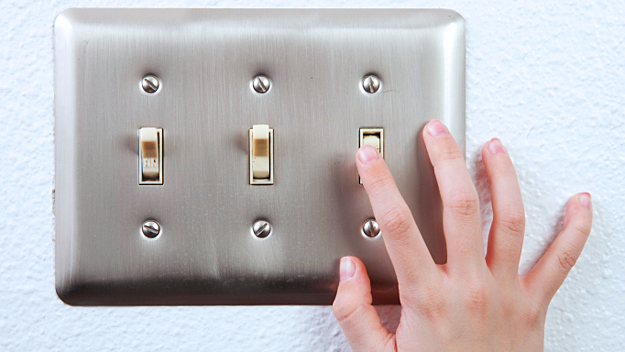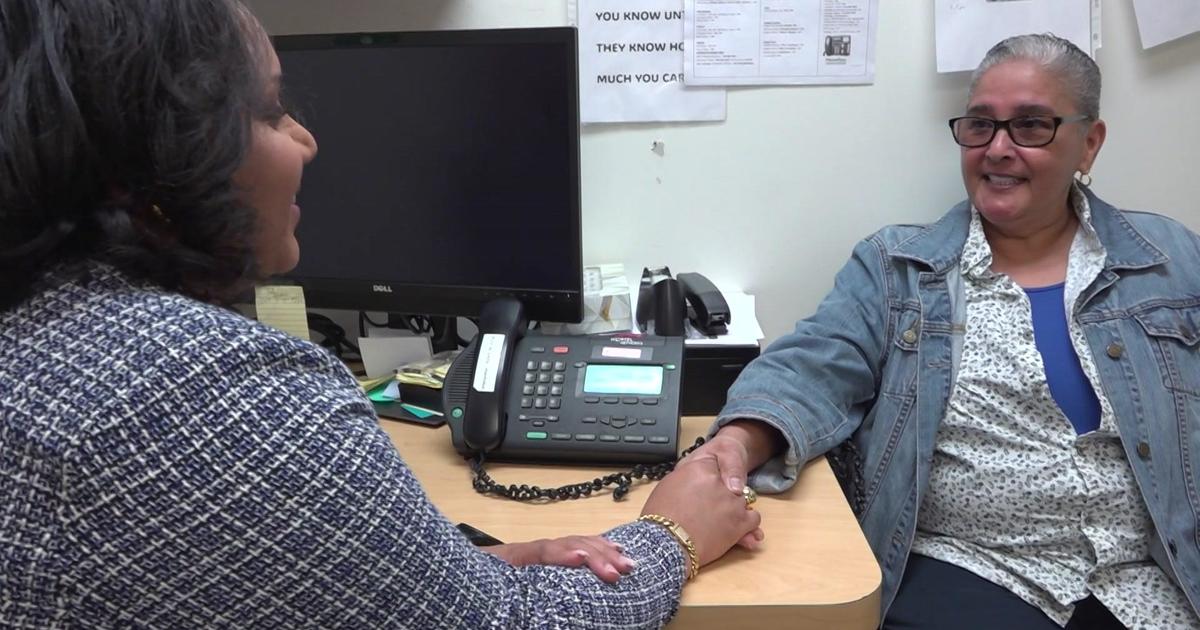What To Do In Case Of A Brownout
 (Photo credit: Thinkstock)
(Photo credit: Thinkstock)
When the heat is beyond bearable and everyone's air conditioners and other gadgets are going full-tilt boogey, it's inevitable that your favorite, drenched-in-sweat newscasters will roll up their shirt sleeves on air and start reporting the need for brownout conditions. Brownouts refer to intentional, temporary voltage reductions caused by local utility companies, as they attempt to stave off full-blown black outs. Often, the effects of a brownout are minimal.
Air conditioners suddenly hum instead of roar and lights flicker or dim. Sometimes, based upon the stress being put on the grid, brownouts will cause electrical voltage levels to dip down to almost black out levels, adversely affecting or shutting down electronics, from refrigerators to computers and air conditioning units. No one enjoys being inconvenienced, but if a brownout is being called for in your area, there are a number of steps you should take to help keep or restore power levels back to normal.
Get Prepared – No matter what level of power outage you experience, having supplies on hand that can assuage the situation is important. Flashlights, battery-operated radios and a full larder of non-perishable food, water and other ancillary supplies is a must. Have a list of no-cook recipes and their ingredients stocked so you can keep the stove and microwave off. Keep phones and computers fully charged at all times to maintain communication, but unplug them from the electrical socket when they reach maximum levels. A first aid kit and emergency bag are important to have on hand, but go easy on matches and candles, as they are a fire hazard. Also consider biting the bullet and finally buying an at-home generator. This once-in-a-lifetime purchase will kick in and protect both your family and electronics should the power dip, or go out completely.
Power Down (Or Off) – Air conditioning may be a must for your family, but appliances such as dish washers, microwaves or washer/dryers for clothing should remain off. Unplug anything you absolutely don't need, such as multiple television sets, flat irons or computers. Turn off the lights in unused rooms and turn the AC down to the lowest level you can tolerate, or turn it off completely and utilize ceiling fans instead. Anything that absolutely, positively has to remain plugged in will be better protected if you use surge protectors to ensure against voltage spikes when power is restored.
Rally (And Entertain) The Troops – One family member scurrying around the house and turning things off will not be enough to do the trick. Enroll the entire family in keeping unplugged and prepare activities ahead of time, such as charades, puzzles and board games that will keep everyone engaged. Also try to keep everyone at home, in case a full-blown black out does occur and travelling conditions become compromised.
![]()
Corey Whelan is a freelance writer in New York. Her work can be found at Examiner.com.
![]()
![]()
![]()
Learn more by visiting CBS New York's Storm Prep section




